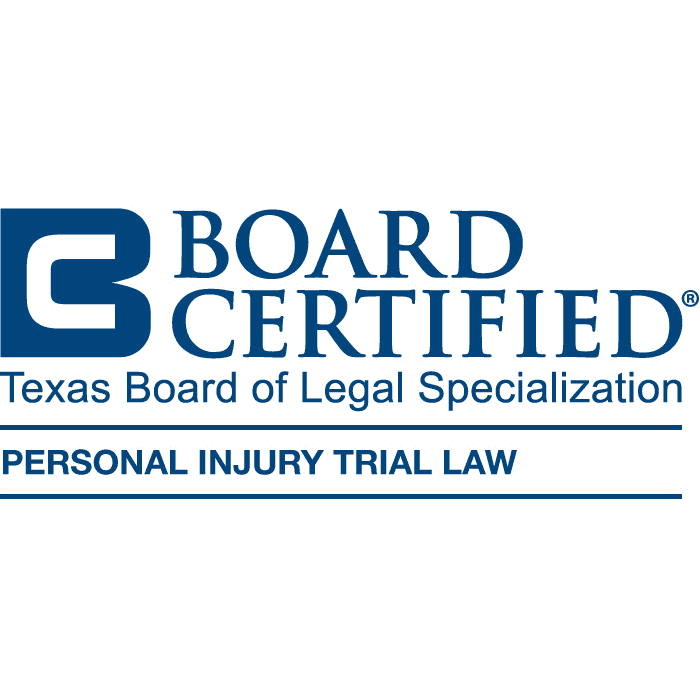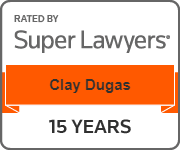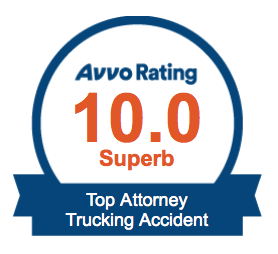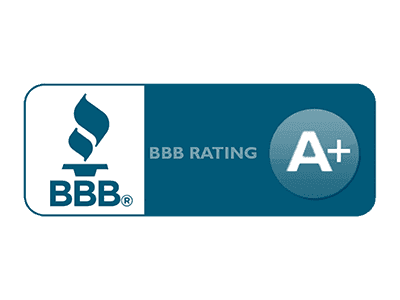
Because Your Victory Is Our Victory
Types of Questions Asked In Personal Injury Litigation
Insights From Our Beaumont Personal Injury Lawyers
If you find yourself involved in a personal injury litigation, it’s perfectly natural for you to feel nervous about being questioned in front of legal professionals. By finding out a little bit about the kinds of questions that you’ll be asked, your answers will be better prepared and it will take some of the stress and nervousness from your shoulders. Just like lawyers gather information to better prepare themselves for a case, you should gather information about depositions so that you can better prepare yourself.
Act now to protect your legal rights. Call our Beaumont office at (409) 226-0990 to discuss your situation with our personal injury attorneys today.
The Deposition
The deposition won’t take place in a court like you see on criminal procedures on TV shows. Instead, you’ll be in a room that looks like more a meeting room in a lawyer’s office. There might be a video camera that will tape the deposition, so you might want to look your best and be sure to speak clearly. A court reporter could also be present in order to create a transcript of the deposition.
Know that you’re also being judged as a potential witness by the defense attorney while you’re answering questions at the deposition. Above everything else, make sure that you answer every question truthfully and completely. If you can’t remember the answer to a particular question, simply say that you don’t recall. There’s nothing wrong with forgetting an answer, but lying about it could cost you your personal injury claim, as your attorney will undoubtedly tell you. Know that a deposition could last you up to nine months, so be prepared to be in it for the long haul.
Questions that You Should Expect
During your deposition, you’ll establish your identity by answering some general questions, such as your name, date of birth, how you spell your name, your address and your social security number. In order to find out more about your personal history, you’ll be asked about where you have lived in the past, where you were born, if you have any brothers and sisters and your education.
In order to get an idea of your marital history, you could be asked about your current marital status, if you’ve ever been divorced, how many children you have and where you were granted your divorce. You might not feel that any of this information is relevant to the case, but small and seemingly unrelated details might be just the thing to win your case.
When being asked about the personal injury claim, you’ll be asked to tell the order in which the events happened and will be asked about parts of your story that need to be elaborated on. You’ll also be asked questions about the witness in order that everyone at the deposition can get an idea of who they are as well. The deposition could also include questions about what happened after the accident, such as if you were taken to the hospital, your medical condition at the time and where the hospital was located.
Since new injuries can exacerbate old injuries, you might be asked if you have any previous injuries that could be made worse by a new injury. In regards to your employment, you might be asked what your job was/is, how much you make and if you’ve ever filed a personal injury lawsuit before, whether you’re including loss of income in your lawsuit or if you’re claiming loss of loss of benefits and taking care of yourself.
All of these questions might sound more than a little intrusive and pointless to you, but you have to trust in your attorney since they have the ability to object to the questions. While they want to win the case, they also have your best interest at heart.
Preparation
Your lawyer will also help you to prepare for the deposition, telling you where it is, what you should wear and who all will be there so that you can prepare yourself as much as possible. You might also be asked to bring in certain documents that can help build your case. Such documents might include check stubs, medical records, images of your injury, a recording of the accident. It’s vital that you start gathering these items as soon as possible since some of them might take longer than you originally thought. Any documents that are unattainable or intrusive can be objected to by your lawyer.
During your deposition, it is important that you do your best to put aside your fear and nervousness in order to focus on the questions that you’re being asked so that your answers are the right ones and so that you can get the deposition over with as soon as possible. While you might not know the specific questions that you might be asked during the deposition, you at least have a better idea. Make sure that your lawyer has the most recent contact information and a phone number where they can reach you to give you additional information about the deposition.
Don't let time slip away. Fill out our online form to get started on your case today. We offer representation in English and Spanish.
Awards & Certifications

Focused On Our Clients
-
"Attorney Dugas and his staff were always professional, responsive, and truly had my best interest at heart."Kylie
-
I believe he always had my best interest in mind and would recommend him to anyone.
Jerry -
"Attorney Dugas is a gifted, highly skilled experienced attorney."Anonymous
-
Over Four Decades of Trial Experience
-
Over 250 Jury Trial Cases
-
More than 100 Million-Dollar Results











.2305231407550.png)




